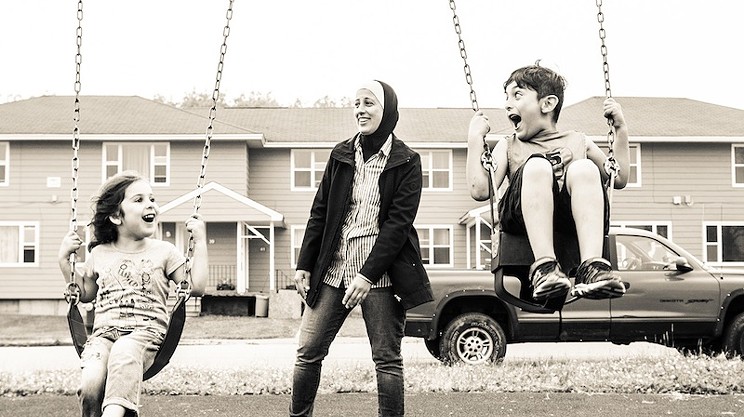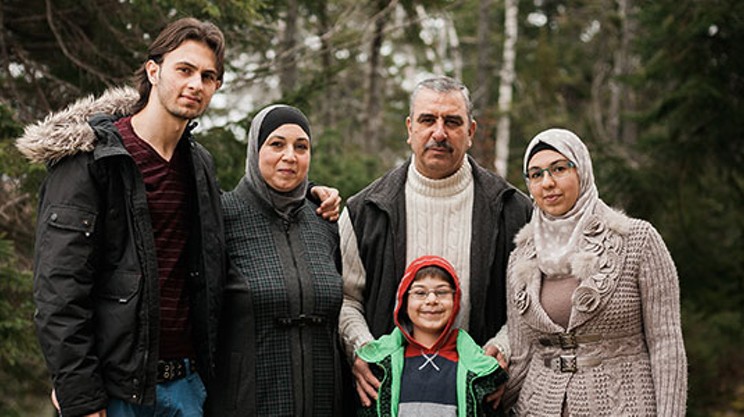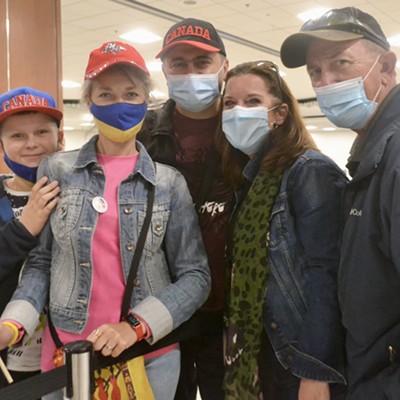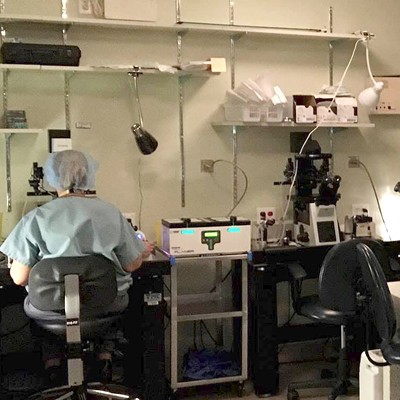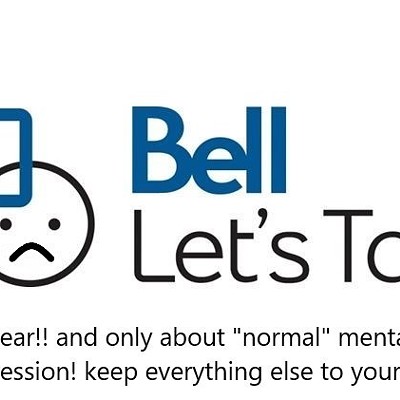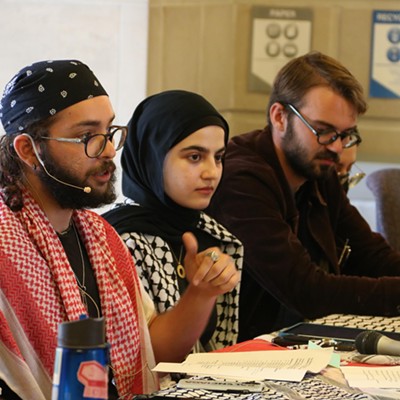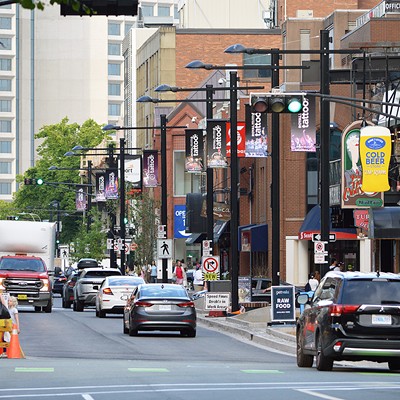
Her first pregnancy is a unique experience in any woman’s life. Welcoming a new family member could be an exciting event, especially for a woman becoming a mother for the first time. However, this isn’t always the case for newcomer Syrian refugee women resettling in Canada. From November 2015 to January 2017, 40,000 Syrian refugees arrived in Canada and one-third of them are female and of childbearing age.
As an Arabic woman who was raised in the Middle East and experienced pregnancy and childbirth there, I saw that having strong family support throughout the pregnancy and after makes the experience unique and mitigates the psychological stress that this experience might create. Childbirth is a special moment, during which the main family members, such as mother, mother-in-law and partner accompany the pregnant woman to the hospital. Once the baby arrives, taking care of the new baby and the mother becomes the responsibility of the whole extended family, especially the females. The new mother should have a period of rest, during which she is usually prohibited from doing regular household chores like cleaning or cooking. For instance, in Syria, this period of rest usually lasts between 15 and 20 days. However, despite the cross-cultural variations, it’s a universal belief that the postpartum period is a vulnerable time when women might be at high risk of future diseases. The strong family support that Arabic women receive during this vulnerable time has been found to play a remarkable role in decreasing the risk of postpartum depression, which is one of the common psychological illnesses that affect women after delivery worldwide.
Evidence shows that the risk of postpartum depression in refugee women is five times higher than for Canadian-born women. In Syrian refugee women, this could be attributed to many challenges that they often experience before arriving and after resettling in Canada. These include social isolation due to being in a new community, which is culturally different, and the difficulty in accessing and navigating the complex Canadian healthcare system. In fact, difficulty accessing
A preliminary Canadian study on Syrian refugee women who have recently moved to Canada reported that postpartum depression is common among these women. Additionally, it reported that they might deny their depression, and use words like “feeling bored” or “tired” to describe their depressive symptoms, which, in turn, might mask their depression. This was attributed to the fear of the stigma of having a mental illness and the need for privacy to express their concerns, which were highlighted as the main constraints when seeking help or accessing the available services.
The remarkable vulnerability that Syrian refugee women have during and after pregnancy needs to be handled carefully. Healthcare providers need to be aware of this hidden threat and aware that these women might experience depression and hesitate to disclose it explicitly. Therefore, screening these women for mental illness is necessary. Building a relationship of trust and maintaining privacy is vital. Indeed, having a family doctor or specialized midwife to monitor these women closely, both early in pregnancy and afterwards, may build this relationship of trust and ensure continuity of care. As Ahmed et al., (2017) recommend, it is also important to increase awareness of postpartum depression among Syrian women and their families. This awareness needs to be started as early as possible during pregnancy and needs to be delivered in a culturally sensitive manner, and in
The tremendous impact of social isolation on women’s mental health needs to be addressed. Considering the conservative nature of Arabic culture, Syrian refugee women need to be supported by other Syrian refugee women. Establishing Syrian women support groups, where women feel more comfortable discussing women-related issues like pregnancy and birth, is vital. With an increasing influx of Syrian refugees, establishing a Syrian refugee association, which is managed and operated by refugees themselves, needs to be considered. Such an association should have direct communication with the Canadian government to receive information regarding any newly arrived Syrian refugees, thus welcoming newcomers and helping them to resettle and establish social networks. Moreover, the association could organize culturally sensitive social activities, as such making refugees feel more at home and mitigate the social isolation and separation that Syrian refugees, especially women, suffer from.

